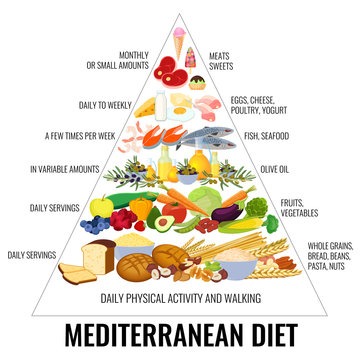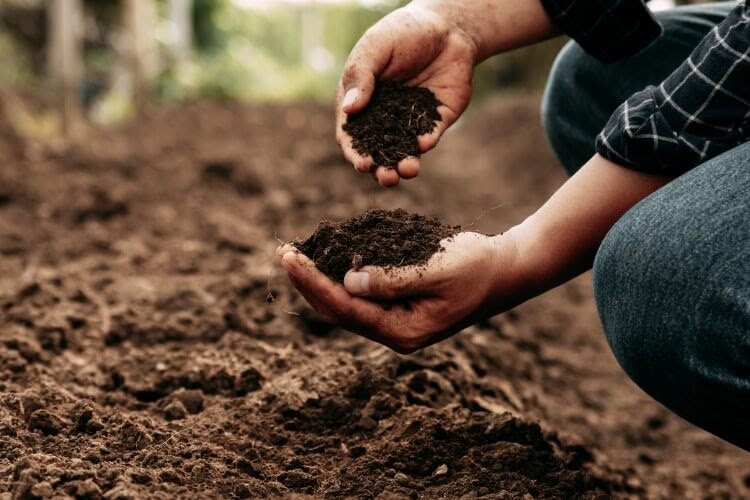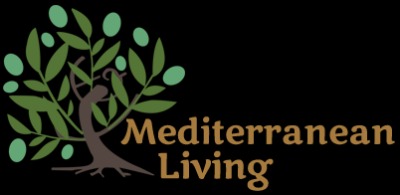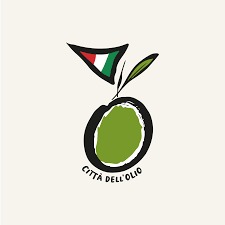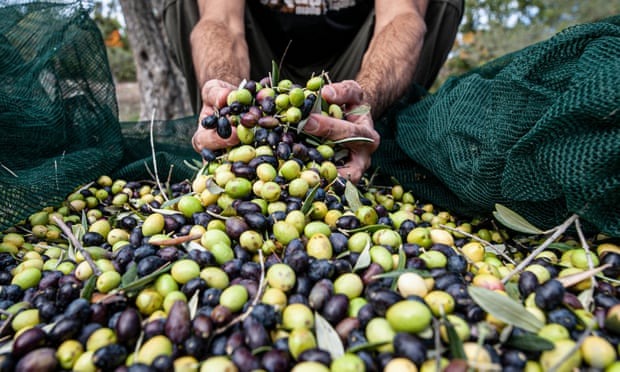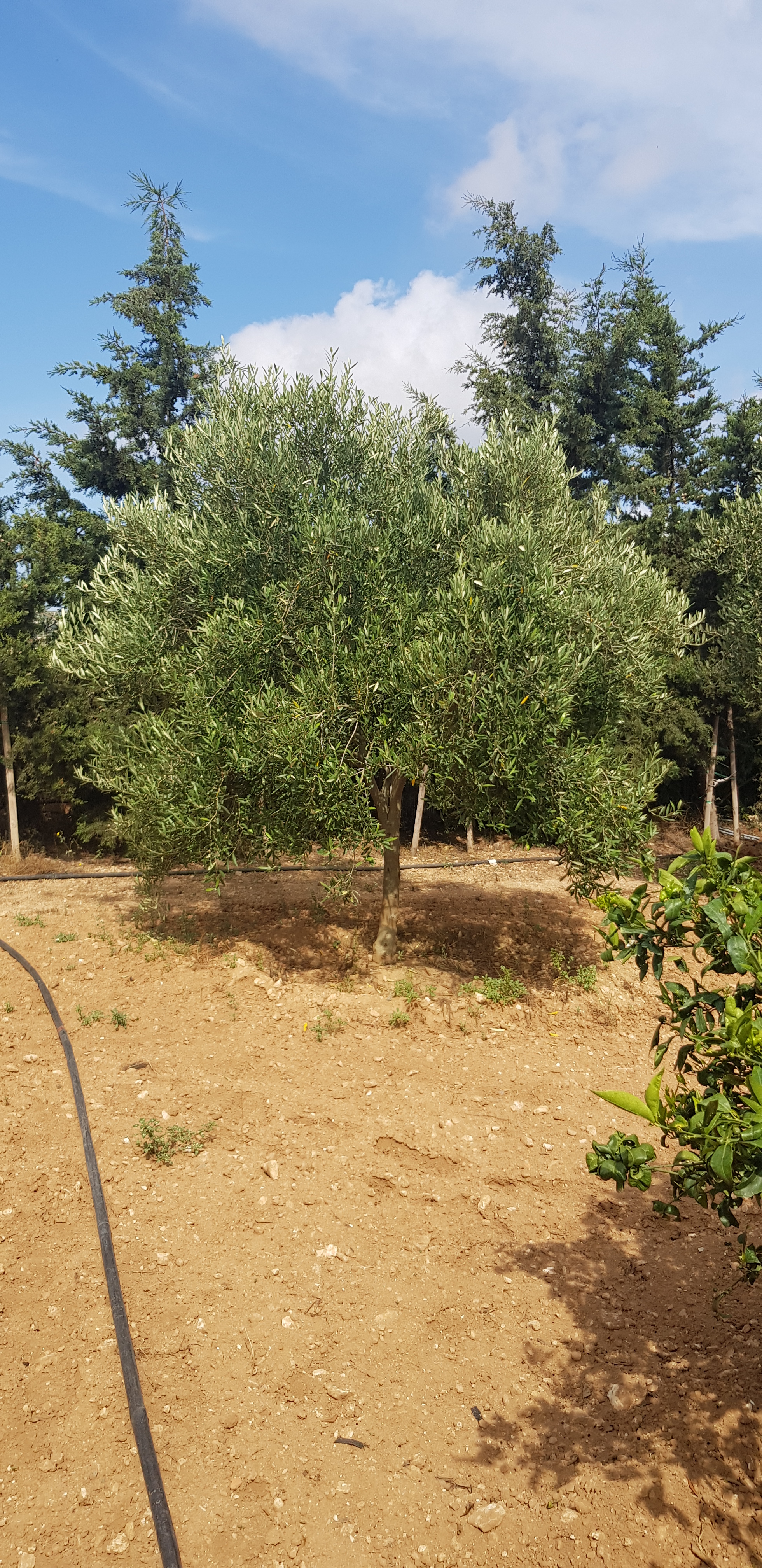
Boron Foliar Fertiliser
Jan. 5, 2025
More productive olive groves with boron foliar fertilization
The results of a research conducted in six different Turkish locations
Foliar fertilization , as olive growers know well, does not replace soil fertilization , but rather complements it , with the dual advantage of reduced doses to be used and of immediately covering the plant's needs. Among these, fertilization with boron - which is both foliar and soil - is particularly useful for the olive tree, because it stimulates the fertility of the pollen, promotes fruit set and reduces fruit drop . Boron, moreover, is necessary for the formation of auxins and lignin and makes the plant more resistant to thermal stress (from frost to drought).
A wide-ranging study
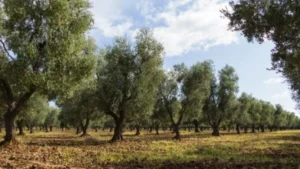
In this regard, the results of a large-scale study on olive yield and quality conducted in Turkey are interesting . The study, which started with over 250 soil and leaf samples , involved six different locations in the country that had different levels of boron in the soil and on the leaves (between 0.23 and 1.40 mg/kg in the soil and between 12.03 and 17.29 mg/kg in the leaves).
Soil fertilization was carried out at the end of winter , and therefore before the vegetative awakening, using 4 kg of boron per hectare , while foliar fertilization was carried out – with 300 mg per litre – at three different times: immediately after harvesting, before flowering and after fruit setting .
Obvious results
The results showed a significant increase in production in two cases, between 50 and 75% , but also in the other four locations productivity was higher than in nearby olive groves where the treatment had not been carried out. In particular, it was highlighted that boron increased leaves and fruits , increasing the oil content . Based on the results, the researchers agreed that the foliar application of boron , in the three distinct phases identified (and therefore after harvesting, before flowering and after fruit setting ) contributes to increasing the productivity of the olive grove.

